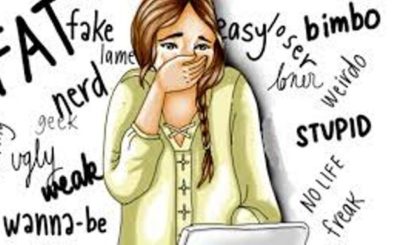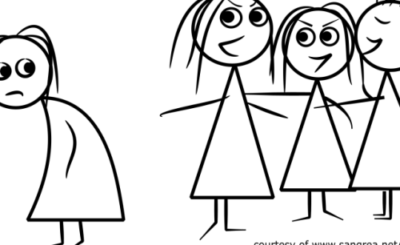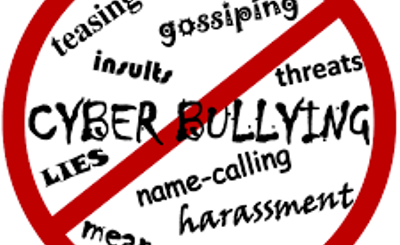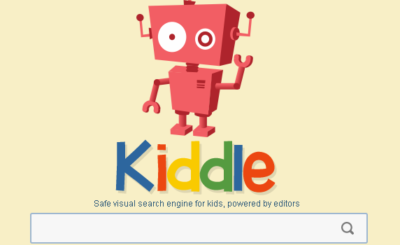Words can hurt, build, excite, or heal. What impact did your words have today?
Online platforms have revolutionized a lot. They deserve a pat on the back for this. Two decades ago, many of us never envisioned such a future. We thought we had arrived. Visionaries were at work.
Today, we can accomplish a lot at the touch of a button. Your weight loss journey does not have to start and end at the gym. Face-to-face visits to some professionals are no longer necessary.
A trip to the doctor is still very necessary though: Be warned, there is a lot of misinformation masquerading as facts.
In addition to the avalanche of false information, there lies a bigger problem: Vices such as cyberbullying and hacking have cropped up and their impact can be felt.
Cyberbullying has increasingly become a nightmare to online users everywhere, especially women. It thus does not come as a surprise that studies predict that online harassment may become an established norm in the digital space if necessary measures are not taken to curb it.
Cyberbullying can be defined as any online behavior that constitutes assault of the well-being of the target individual or group. This form of harassment takes many forms that include unwanted trolls, unwelcome contact, sexual harassment, threats of rape or death, and cyberstalking.
This vice can affect peoples’ emotional and psychological well-being. Often, cyberstalking involves intimidation or explicit threats. Once a target starts to realize that they are being stalked, they may become paranoid, scared, withdraw from social spaces, or exhibit traits similar to those of someone who is being followed around.
In some cases, this form of bullying may have a physical component in instances where online contact leads to offline abuse or harassment. This often happens when one party misrepresents themselves as nice and trustworthy during online interaction thus tricking the other to believe that they are harmless.
A study conducted by World Wide Web Foundation showed that more than one in every five women in Kenya have experienced cyberbullying. In some cases, cybercrime has extended to professional sabotage, identity theft, and stripping of one’s dignity especially in cases where intimate photos and videos have been shared online without prior permission from the owner.
Related: 7 practical tips to prevent cyberbullying today
Exhibit A
The internet is rife with harassment with more women bearing the brunt as compared to men. Women have been subjected to harassment, bullying, and trolls.
Studies reveal that people in the public eye are likely to be subjected to online harassment at some point in their careers. While some can take the heat, others start to shy away from online spaces.
Rachael Shebesh, the former women representative for Nairobi county, understands the prevalence of cyberbullying quite well since she had been a victim more than once. Despite her status in society, Mrs. Shebesh was not spared from cyber harassment. She had to endure callous attacks severally.
At one time, an incident in which the then Nairobi governor Evans Kidero is seen slapping her was caught on video. As expected, the footage was leaked and what followed were trolls and mockery.
Mrs. Shebesh is not alone, seasoned newscasters have endured sexual innuendo and harassment on various social media platforms. One such example is Betty Kyallo, a popular news anchor, who separated from her husband, a journalist, 6 months after their wedding.
Ms. Kyallo was subjected to mockery and demeaning attacks with others calling her out for not ‘holding’ her family together. This forced her to tell her side of the story but some cyberbullies would then accused her of oversharing and even termed her story as false.
Other popular female figures who have experienced first-hand cyberbullying are media personality and businesswoman Adelle Onyango, radio presenter Linda Nyangweso, singer Avril, and Keroche Breweries heiress Anerlisa Muigai.
Men have not been spared too. Popular local musician Jimmy Gait recently admitted that he suffered depression after experiencing cyberbullying. All this started after he released a cover of the song Hello by Adelle. He added that he also lost confidence and loss of appetite.
Unknown to Gait, this was just the beginning of his woes since he would experience a prolonged period of cyberbullying after releasing the song “Yesu ndiye sponsor”. This dented his public image greatly thus affecting his main income source due to the cancellation of performances and endorsements.
Gait has now launched the Hisiah campaign. This initiative seeks to educate and create awareness about cyberbullying and its effects on victims. Gait is also hoping to use this campaign to create a safer internet experience.
It is, however, important to note that cybercrime targets everybody. A 29-year old female Facebook user is said to have committed suicide after her appeal for help on a certain group was met with ridicule.
Related: Online abuse in Kenya up by 1155% according to CA report
In a Facebook post, the young woman alleged that her ex-boyfriend has defiled her daughter and while she had recorded a statement with the police, the culprit was still free. The young woman attempted to throw herself and her daughter in front of a moving car and she was pronounced dead on the spot while a motorcyclist was able to save the girl.
It comes as no surprise that Cyberbullying against women is on the rise given the lack of attention and commitment to police this vice in the past. In April, the Computer and Cybercrimes Law was approved and it is expected to monitor and control cybercrimes. We can only hope that this will help to effectively prosecute Cyberbullying and online harassment that has been on the rise in the country.
This law outlaws cybercrimes such as fraud, cyber-stalking, child pornography, and prohibited access to computer systems. Offenders of these crimes face strict penalties or imprisonment depending on the severity of the crime.
If applied well, the law should reduce the crime even though more needs to be done in terms of investigation procedures on the ground.
Social media platforms and cyberbullying
Cyberbullying mostly takes place on Twitter and Facebook. That is why it has been argued that these platforms need to do something to curb harassment on their platforms.
Twitter and Facebook continue to promise that they are working on tools to tackle harassment on their platforms. Facebook has since then gone ahead and created a tool to offer support to users at the risk of suicide.
A few online platforms have been created to sensitize people on the devastating effects of cyberbullying but their reach and impact are yet to be felt. This is a discussion that needs to be heard from time to time and not only when a cyberbullying case occurs.
In Kenya, there seems to be a general lack of awareness of the risks and damage that can be sustained from Cyberbullying.
However, even as we discuss Cyberbullying and what can be done to curb it; there is the need to encourage more women to report the crime. The Director of Public Prosecution (DPP) receives fewer cases of cybercrime against women and this does not necessarily reflect the situation on the ground.
Have you been a victim of Cyberbullying? Talk to us in the comments section.







Thanks for the insight, something urgent needs to be done before this gets too far.
Cyber bullying is not taken with the seriousness it deserves especially in Kenya. People who fall victim and suffer the consequencies are often seen as weak and unable to handle their emotions. More needs to be done in terms of online monitoring and consequences of those found guilty.
These bullies will never understand the damage that their selfish actions cause. They need to be brought to book. Enough is enough!
I hate cyberbullies!